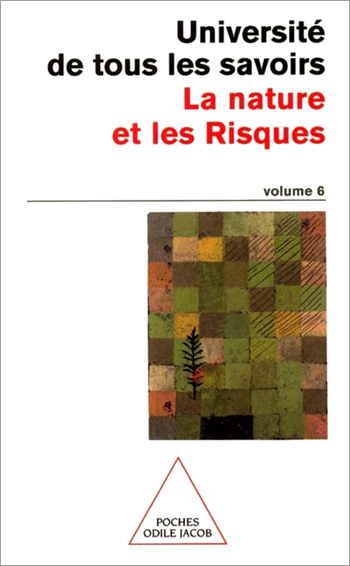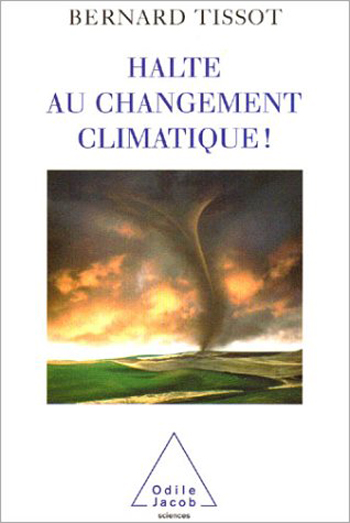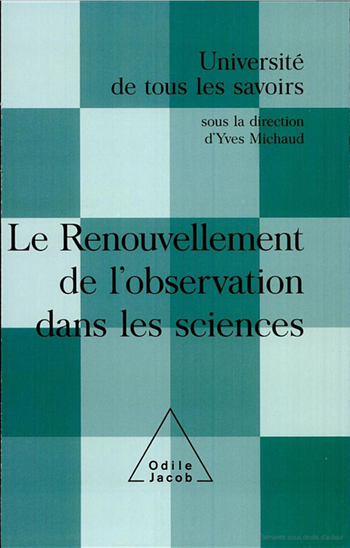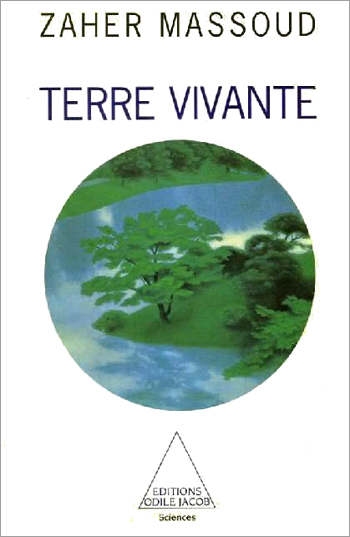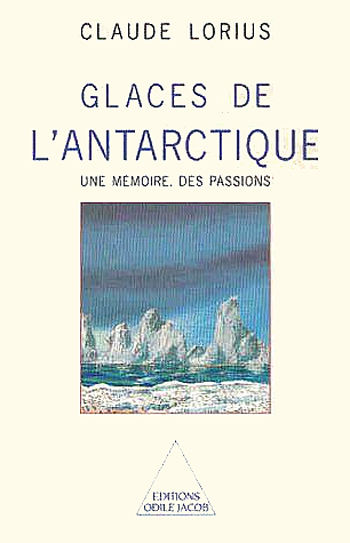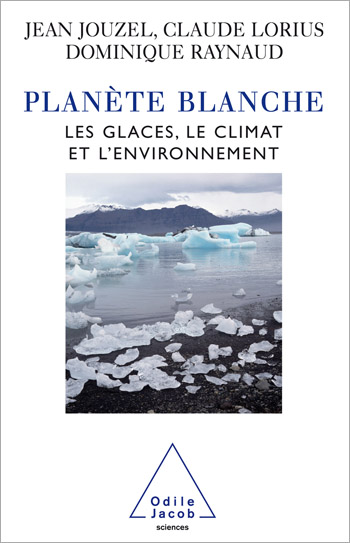Environment, Sustainable Development All books

Jacques Tassin
On the Invasion of Species
Invasive species are not necessarily harmful. But they need to be managed and mastered.
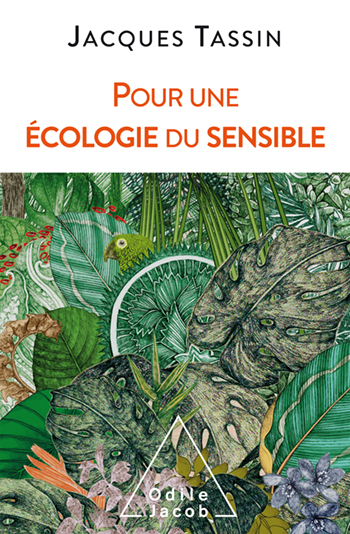
Jacques Tassin
For an Ecology of the Sentient Weaving a new connection with nature
Beyond the posturing and more or less effective remedies, what does “protecting nature” really mean?
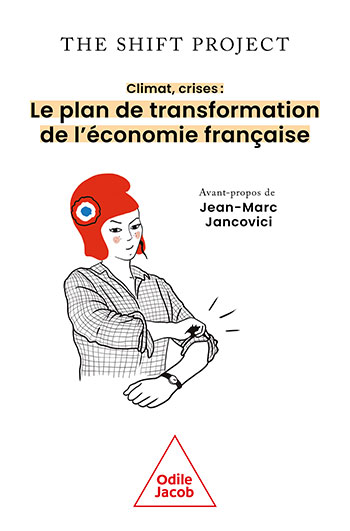
The Shift Project
Crisis, Climate How to Transform the French Economy
The Shift Project, a think tank created by Jean-Marc Jancovici in 2010, aims to clarify and influence the debate on energy transition.
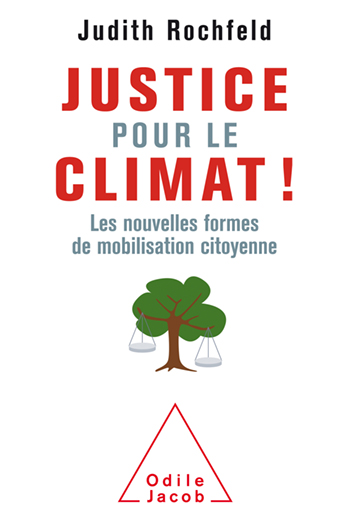
Judith Rochfeld
Justice for the Climate
A book filled with examples drawn from abundant current cases: in France, of course, with the affair of the century, which, following the petition that gathered close to 2 million signatures...
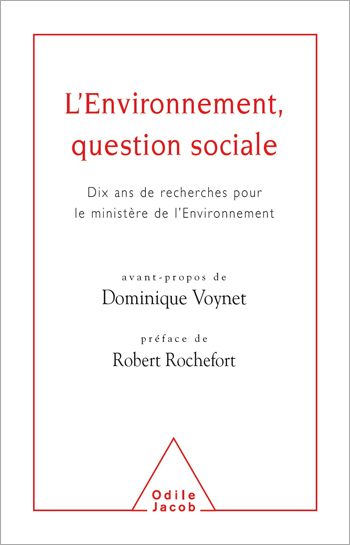
Robert Rochefort, Dominique Voynet
The Environment - A Social Question The Result of Ten Years of Research for the Environmental Ministry
This book collects 31 contributions from sociologists, legal experts, economists, and philosophers. All of these reflections point to two major motifs: that of a durable association between economy and ecology, and that of the principle of precaution necessary in and for future generations.
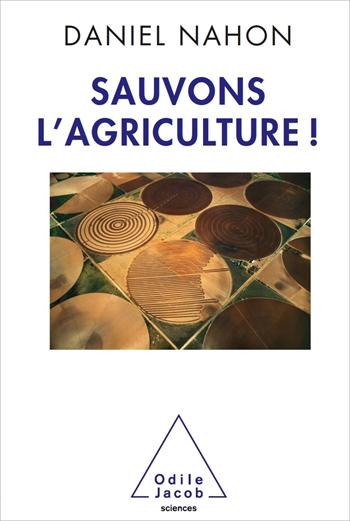
Daniel Nahon
How to Save Agriculture
Only a radical transformation of agriculture will enable us to feed all of humankind
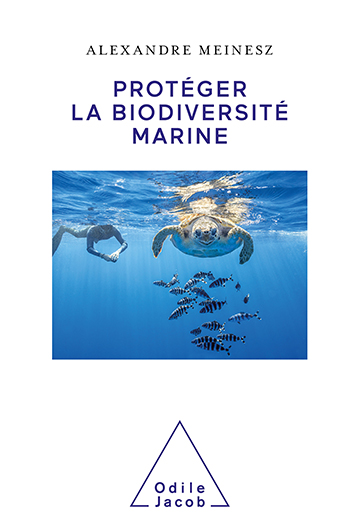
Alexandre Meinesz
Protecting Marine Biodiversity
A new approach to the threat of pollution in the Mediterranean by an expert in Mediterranean marine life.
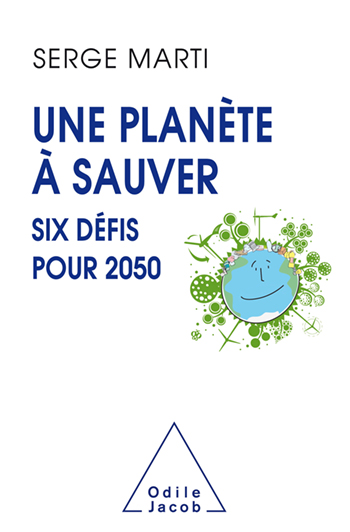
Serge Marti
Planet Earth : Six Challenges for 2050
A vast overview of the great socio-eco-economic problems of the planet. Clear and factual analyses, showing the interdependence of the issues.
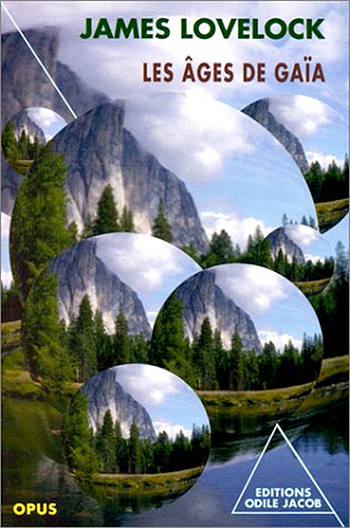
James Lovelock
The Ages of Gaia A Biography of Our Living Earth
The fascinating, controversial and most-worshipped hypothesis of ecologists - that of considering the Earth as the biggest living organism, referred to as Gaïa. It is here discussed by its inventor in person, who shows us that if our planet hasn't always had the same face, it's because there have been several ages corresponding to the predominance of very different species. In three centuries, humanity has wrought more modifications to the face of Gaïa than natural evolution did in millions of years. Although he does not doubt that the Earth, today turned completely upside-down by industrial activities, will find a new equilibrium, he does suppose that it could at the price of the disappearance of man, whose reign represents only one of the ages of Gaïa. Born in 1919, James Lovelock is the author of The Gaïa Hypothesis, a book which shook up the scientific world in the beginning of the seventies and met with great public acclaim.

